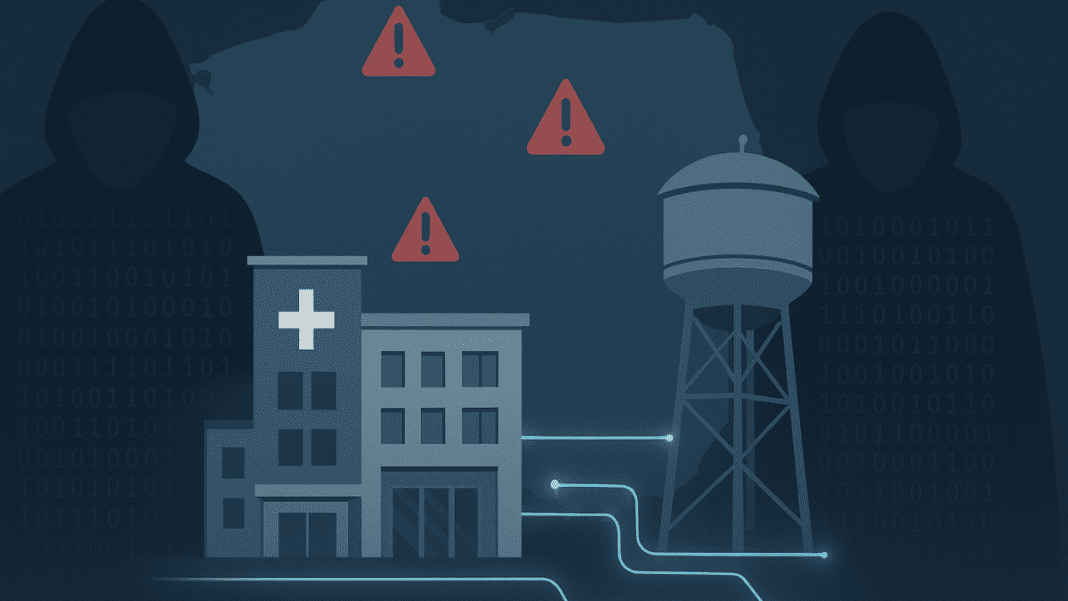Poland is facing a surge in cyber attacks that threaten its hospitals and even the water supply of major cities. Authorities say that Russian-backed hackers are trying to damage critical infrastructure up to 50 times every day. Most attempts fail, but some have managed to break through, creating dangerous situations for citizens.
Hospitals have been among the most common targets. In recent months, cyber criminals managed to breach medical networks, forcing a few facilities to suspend their operations for several hours.
During these attacks, hackers also stole sensitive medical data. Even short disruptions caused problems for patients and medical staff, highlighting the serious risks that cyber warfare brings into daily life.
Officials also revealed a shocking case where hackers tried to shut down the water supply of one of the country’s ten largest cities. Attackers successfully entered the IT system of the facility, but they were stopped before they could cut off water for thousands of residents. The incident is considered one of the most significant cyber operations since Russia launched its full-scale invasion of Ukraine in 2022.
Record Budget for Cyber Security
In response to the rising danger, the government has decided to sharply increase its cyber security spending. This year, the budget will reach a record €1 billion, compared to €600 million in 2024. Officials say the country is now the most frequent target of Russian cyber attacks in the European Union, with 99 percent of attempts being blocked.
How Cyber Attacks on Industrial Control Systems Can Endanger Lives ?
Part of the funding, around €80 million, is being directed toward securing water systems. The goal is to protect water management facilities and ensure safe supplies for residents. Cyber defences are also being expanded for local administrations, with more than 2,400 local government offices included in the plan.
Despite strong political divides in the country, leaders from across the spectrum have united behind the initiative. This rare consensus reflects the seriousness of the threat and the urgent need to protect essential services.
Drone Incidents and GPS Jamming
The cyber attacks are only part of the wider pressure the country is facing. Recently, a drone was neutralised while flying over government buildings and the presidential residence in the capital city. Authorities arrested two foreign nationals and launched an investigation into the incident.
At the same time, the country experienced an unprecedented airspace incursion involving 19 Russian drones. Some of these drones were shot down by national and NATO forces. It marked the first time that NATO directly engaged with Russian assets since the war in Ukraine began. NATO condemned these actions as reckless and sent more planes and defence systems to strengthen security on its eastern borders.
Another growing concern comes from Russia’s Kaliningrad region, which borders Poland and Lithuania. Authorities reported several cases of GPS jamming believed to be launched from that area. Over the past year, up to 30 incidents were recorded, affecting planes flying nearby. In some cases, pilots noticed noisy signals, while in others, the GPS signal vanished completely.
Western intelligence also linked Russia to a GPS jamming attack on a plane carrying a senior British defence official in March 2024. While officials do not believe specific planes are being targeted, the general interference has raised serious alarm about air safety.





